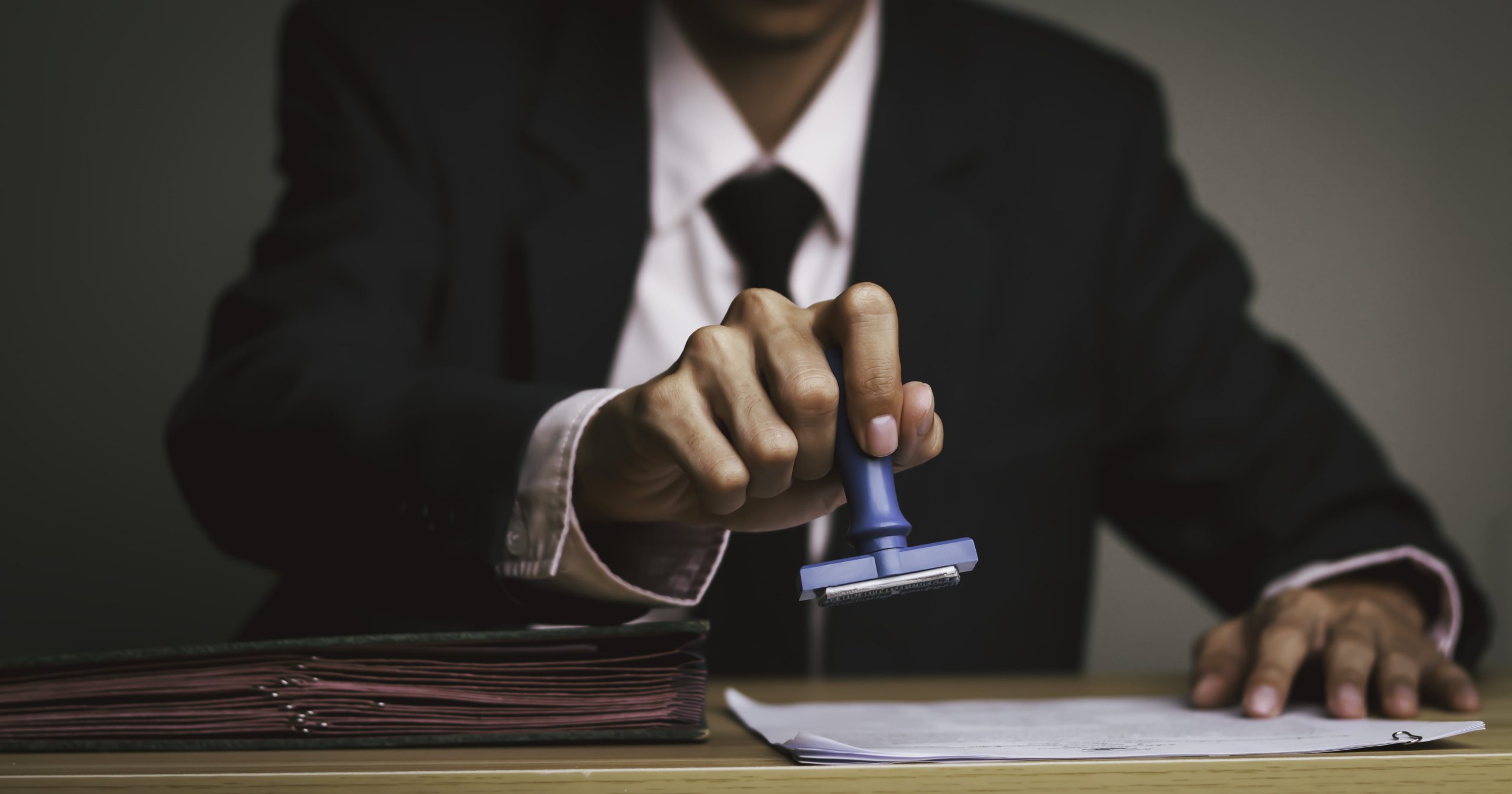INTRODUCTION:
For many reasons which may be voluntary (where the company has achieved its business objectives or targets) or involuntary (winding-up order as a result of bankruptcy or breach of the law) a business/ company may dissolve.
The assets of such a business/ company may include tangible properties such as land, buildings and other physical objects, cash and intangible assets such as shares, intellectual properties, goodwill of business name and contractual rights.[1] Therefore in this context assets of a dissolved business or company means any category of the above-listed assets belonging to a business that has ceased to exist as a legal entity.
The fate of the assets of a dissolved business/ company is mostly dependent on whether the company was in credit (solvent) or in debt (insolvent) prior to the dissolution of the business. In other words, the financial status of the business/company at the point of dissolution determines who takes charge of or benefits of the assets of a dissolved company.
Where the dissolved business was in credit (solvent) at the point of dissolution, the owners of the business take charge of the assets of such business and determine how to distribute the assets for their individual benefits. The owners of such business may even decide to donate the assets of the business/ company to charity. This is likely the case where the dissolution of the business/ company was voluntarily by the owners. In this case, the distribution of the assets of such a dissolved company is usually done by the directors or direct owners of the business without involving a third party. However, they may decide to engage experts to liquidate and distribute the assets of the business/ company.
On the other hand, where a dissolved business/ company was in debt (insolvent) at the point of dissolution, the assets of such business/ company would be managed or taken charge of, by a liquidator or official receiver appointed for the purpose of liquidating and distribution of the dissolved business/company’s assets to the creditors. This is likely the case where the dissolution of the business is involuntary or on the ground of winding up order granted by the Court.
Furthermore, there is also a possible hybrid situation whereby a business might be in debt at the point of dissolution, but the assets of the business/ company are sufficient enough to satisfy its liabilities to the creditors and have a remainder of the assets to be distributed by the owners of the business. In such a case the liquidators of such business must first ensure that the interest of the creditors and all other liabilities of the dissolved business/ company are first settled while any remaining assets will be handed over to the owners of the business. This implies that the liabilities of the company to the creditors would first be settled from the assets, after which what is left of the assets of the dissolved business/ company will be distributed among the owners of the business.
In the event that the dissolution of the business is involuntary or on the ground of insolvency, a liquidator or official receiver is usually appointed to liquidate and distribute the assets of the dissolved business/ company amongst the creditors of the company. In such a case there is a hierarchy of creditors and where the assets of the company are not enough to settle all the liabilities of the dissolved business/ company, the hierarchy of creditors will determine which creditor will be settled first.
In that case, the creditors are to be settled from the assets of the dissolved business/ company in the following order:
- Secured creditors: The secured creditors are first in line and are those with a registered charge against a company asset such as property, plants and machinery etc. The secured creditors can then be further divided into two categories: fixed and floating charge holders.
- Fixed charge holders: Generally, banks or lenders, lease hire purchases also fall into this group. Their charge is over a fixed asset.
- Preferential creditors: This class usually involves employees of the business, recouping losses for unpaid wages etc.
- Floating charge holders: This typically refers to charges over moveable and tradable assets, such as stock. While floating charge holders likely receive most of their losses, they are placed below that of preferential creditors.
- Unsecured creditors: Unfortunately, this large pool of creditors are the ones left with the highest losses during a company liquidation. Examples include suppliers who have not received money for their goods.[1]
From the foregoing, it behoves any person who is doing or intends to do business with a company to decide early the category of the creditor of the company to become, as the consequences come up in the event of distribution of the company’s assets upon dissolution.
Whatever is left of the assets of a dissolved business/ company after settlements of the above categories of creditors in the hierarchy stated and other liabilities of the company such as taxes, will be distributed amongst the owners of the business according to the percentage of their interest in the business prior to dissolution.
CONCLUSION
As earlier stated the fate of the assets of a dissolved business/ company is dependent on whether the company was solvent or insolvent prior to the dissolution of the business. The assets are either used to settle the liabilities of the business/ company to the creditors or distributed to the owners of the business where there is no liability. Where there is a liability, after the deduction of expenses incurred in liquidating the business of the company, the first use that the assets of a company will be put to, is to settle all the creditors of the company and other liabilities such as payment of taxes. In settling the creditors of the dissolved business, especially where the assets of the business are not enough to settle all the liabilities of the company, whose liability to be settled first is dependent on the category of creditor involved, as discussed above.
[1] Visit https://www.businessrescueexpert.co.uk/what-happens-to-company-assets-when-a-business-is-closed/. Accessed on December 8, 2020.
[2]Visit https://hjsolicitors.co.uk/article/recent-case-happens-assets-dissolved-company/, Accessed on December 8, 2020.





